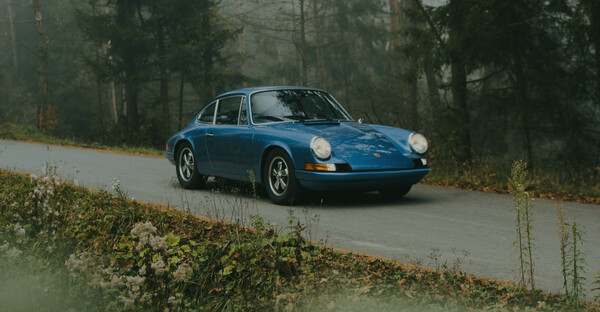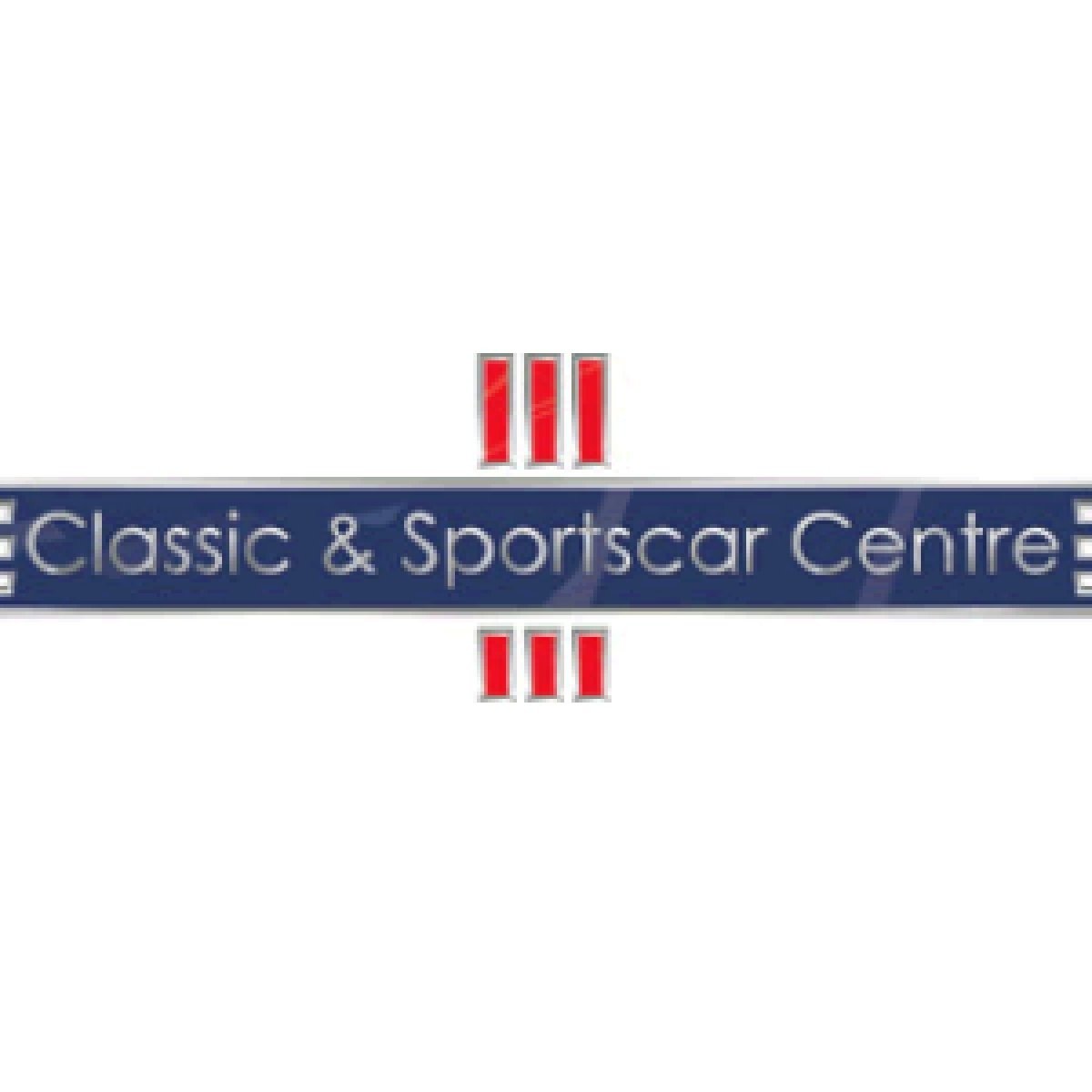Description
The Jaguar 420G was an update on the Jaguar Mk 10, the company's top-of-the-range saloon model, which had been introduced in mid-October 1961 (the same year as the famous E-Type). In replacing the earlier Mark VII, VIII and VIX models, the Mark 10 was a cutting-edge design and introduced new features for a big Jaguar saloon – most notably a unitary bodyshell (used earlier for the 1955 Mk 1 saloon) and independent rear suspension.
When launched, the large Mk 10 was the widest British-made car on sale, but offered excellent handling and comfort in its spacious, luxurious interior. It had considerable performance for a big saloon too – particularly when the initial 3. 8 litre engine offered was enlarged to 4. 2 litres.
The Jaguar 420G which followed was first announced at the London Motor Show in October 1966 and was essentially the same as the Mk 10, but with some small changes to the interior and exterior. It continued to use the 4. 2 litre, straight six XK engine and ran in production for 5 years until withdrawn in 1970, when around 6, 500 has been sold.
This car was first registered in November 1968 and delivered to a new owner in Birmingham, finished in a special order two-tone grey paint scheme. Little is known of its history until 1996, when the second owner, having purchased the car at auction, took it off the road and commissioned bodywork repairs and a bare metal re-paint, together with an engine and gearbox rebuild by a Jaguar specialist, over a period of some 4 years, before returning the car to the road in 2000.
The Jaguar was the subject of a feature article in Classics Monthly magazine in 2007. The current owner acquired the car in 2011 and since then, it has had limited use but been maintained and cared for as required. The recorded mileage is believed accurate, being supported by various certificates and invoices held in the car’s history file.
The 4. 2-litre engine is mated to a 3-speed Borg Warner Type 8 automatic transmission system running to the rear wheels through a Thornton PowrLok limited-slip differential. An unleaded head conversion was included in the engine rebuild during restoration work in the late 90’s. The engine still runs very smoothly, idling nicely and the car drives very well.
Whilst structurally sound, the lower bodywork is showing signs of age, with visible corrosion in front wings, doors and rear wings. Genuine replacement panels for left and right-hand front wings and left and right-hand sills are available to purchase, but additional to the asking price. As a whole, the two-tone paintwork is in a presentable condition and all brightwork is present and correct.
The interior of the car is very well appointed, with acres of wood veneer (dashboard, escutcheons, window trim); a pair of large fold-out rear picnic tables and a front seat pull-out picnic table beneath the instrument cluster. A Sundym tinted windscreen is fitted and electric windows all round, together with seatbelts and lambswool rugs for the rear. The veneer is generally good, although the sumptuous red leather seats, whilst still in good condition, do show some patination and there is some wear/ fading to the carpets. The headlining has started to drop. A modern, remote control stereo unit has been fitted (in addition to the period radio).
On offer is a substantial slice of 1960’s luxury saloon experience, with Jaguar performance and handling. With a relatively low mileage and in good running order, the car would now benefit from some care and attention to the bodywork to return it to a first-class example of a comparatively rare Jaguar model.
There is a history file with the vehicle which includes details of the 1996-2000 restoration work and a JDHT production certificate.
More photos are available on request. The car is currently located in Dorset and viewing can be arranged by appointment.

















